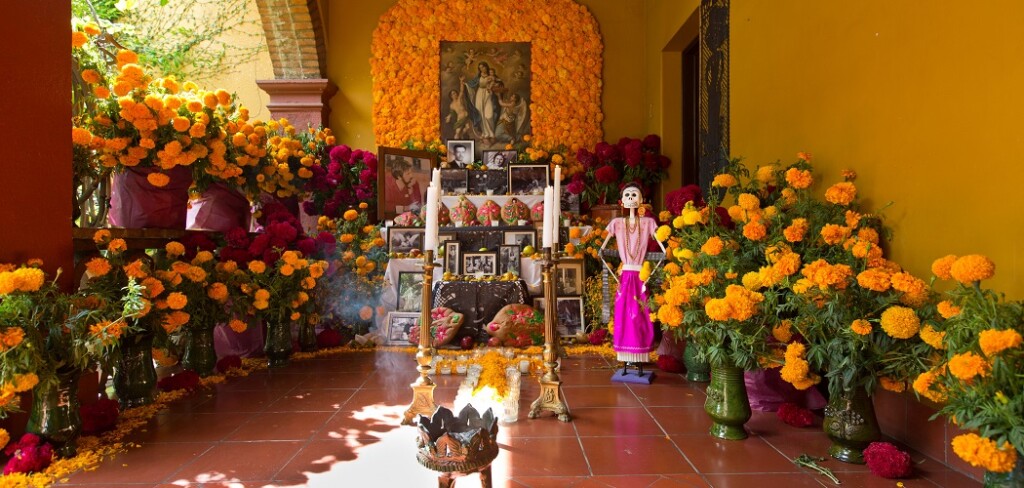Page 217 • (2,630 results in 0.026 seconds)
-

of various traditions while exploring and clarifying your own worldview. You’ll find professors committed to excellence in teaching, who will work with you to design a personalized major, double major or minor around your educational goals, and you’ll have opportunities for hands-on learning in research, field work and service learning. Through your study, you’ll be well-prepared for career fields that require critical, contextual and creative thinking, ethical decision- making and working with
-
student may qualify for additional assistance when unusual circumstances are considered. Unusual circumstances must be provided in writing, with the student’s name, student PLU ID number and all documentation requested. The 2023-24 Special Circumstances Request Form may be found online at: https://www.plu.edu/student-financial-services/. All applicants are offered the maximum amount of aid for which they qualify, as program limitations and funds permit. Students who receive scholarships from sources
-
follow the steps outlined below: Prior to taking action (withdrawal from or enrollment in courses), discuss issues regarding part-time status with their assigned nursing advisor; After discussion with the advisor, submit, in writing, a request for part-time enrollment to the Graduate Program Coordinator. This written request should be submitted prior to the semester in which the change in status is desired; Upon approval by the RAP Committee or the Dean, schedule an appointment with the Graduate
-
to The Office of Financial Services. If you believe an error has occurred, the University must be contacted in writing within 60 days of the statement date of the first bill on which the error appeared. After 60 days it is presumed that there were no errors and the billing was correct. Graduation and Your Student Account All students who have applied to graduate must have their student account paid in full before they can be cleared for graduation. Students with an owing balance are required to
-
health educator for the Regional Department of Public Health. Together with my Albanian coworkers and other volunteers we give presentations and present activities for a variety of health related topics. Some of these projects include: prenatal care classes, stress and depression groups, health fairs, anti-smoking lessons, and cancer awareness and prevention seminars. But beyond health projects I have also worked on a handful of secondary projects such as English teaching, a women’s empowerment group
-
Melody Ferguson – Associate Dean of Admission, Division of Enrollment Management Erin McGinnis – Associate Vice President for Hospitality and Retail Services, Dining and Culinary Services Adela Ramos – Associate Professor of English, College of Arts and Sciences In addition to collaborating and consulting with students, alumni, board of regents and community members, the commission will also regularly engage and consult with Campus Ministry. Thank you to everyone who was nominated or volunteered to
-
Sustainability On-campus Employment Library Writing Center Help Desk Military and Veteran Services Student Financial Services Student Life Counseling Center Student Health Services Fitness Services Title IX resources Wang Center for Global and Community Engaged Education
-
Homecoming Highlights Awards Recognition Alumni Profiles Alumni Events Class Notes Calendar RESOLUTE Magazine MANAGING EDITOR Barbara Clements EDITOR Sandy Deneau Dunham WRITERS Barbara Clements Sandy Deneau Dunham Stefanie Ellis Tom Paulson ’80 PHOTOGRAPHER John Froschauer EXECUTIVE CREATIVE DIRECTOR Simon Sung ILLUSTRATOR Steve Skramstad WEB DESIGNERS Logan Seelye Sam O’Hara Asuka Goya CLASS NOTES Adrianne Jamieson ‘09 EDITORIAL OFFICES Building 29 253-535-8410 resolute@plu.edu www.plu.edu/resolute PLU
-
the globe. For her filmmaking work, she has been a guest on Jon Stewart, Charlie Rose, MSNBC’s Andrea Mitchell Reports, CNN’s Fareed Zakaria and Meet the Press. In addition, for her films, she has been nominated as a Young Global Leader by the WEF in 2007 and named one of the “50 People Who Will Change the World” by Wired (2012), “125 Women of Impact” by Newsweek (2013) and “100 Most Creative People in the World” by Fast Company (2014).2017 Featured LecturerShamil Idriss2013 Featured LecturerRobin
-
junior faculty members, forged strong relationships with community partners, and chaired the department for several years. She was also a highly engaged faculty leader throughout her years at PLU, chairing the Educational Policy Committee and sitting on the Summer Academy Task Force, Long Range Planning Committee, Admission and Retention of Students Committee, and Strategic Enrollment Management Advisory Committee. “She was a gifted, creative, innovative, insightful, and dedicated instructor,” says
Do you have any feedback for us? If so, feel free to use our Feedback Form.


